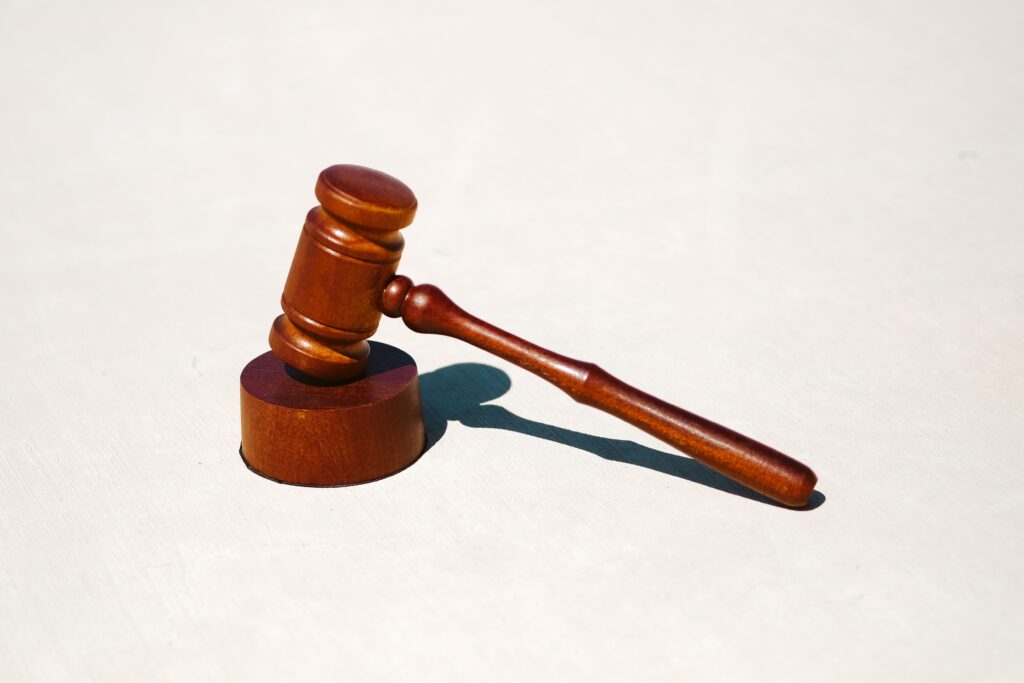The law is law made and enforced by governmental or social institutions to regulate behavior, under its precise legal definition there is no doubt that it is an arbitrary, unassailable and unalterable entity. However, it is usually perceived as the art and science of civil law. The practice of civil law involves the conduct of litigation on behalf of individuals, organizations, government departments, or private parties. Civil law is the body of law that governs disputes between individuals, groups, or communities.
Civil Law includes the authority given to a government institution to legislate, administer and control the conduct of civil administration. Civil Law is different from criminal law. Criminal law deals with state and federal crimes, whereas civil law encompasses many different private matters such as private injury, contract law, trusts and estates, corporate law, landlord law, personal jurisdiction, property, commercial law, and public law.
Within the United States, the three branches of the American legal system are Federal, State, and Common Law. Within the State system, the three branches of government are the State, County, and Municipality. The laws and jurisdictions created by each branch tend to be mutually independent. The United States has divided the country into eleven “territories” or areas, these are Delaware, Iowa, Kentucky, Tennessee, Washington, New Hampshire, Massachusetts, Connecticut, Rhode Island, Illinois, California, and New Jersey. Each of the territories retained its own jurisdiction and created its own laws and legal systems.

In most instances, the laws governing the individual states differ quite a bit from the laws governing the united states. As a result, criminal defense lawyers must be aware of and understand the nature of the law governing his or her jurisdiction. This can make interpreting criminal law much more complicated than interpreting civil law. This is particularly true with respect to issues such as double jeopardy, habitual offender laws, search and seizure, evidence, Miranda rights, hearsay, and substantive due process.
Criminal defense lawyers also deal with a number of other governmental issues such as mandatory minimum sentencing laws, regulations concerning gambling, insurance industry regulations, food safety, child labor laws, trademark laws, and environmental laws. Some criminal laws are highly complex and require an extremely skilled lawyer in order to effectively defend a client. Others are very simple and can be easily litigated. Often the jurisdictions that create new federal and state laws are heavily influenced by the major parties in Congress and the executive branch so legal nuances often become quite important.
Criminal defense lawyers work with a broad range of issues in criminal law including substantive and procedural law, evidence, search and seizure, substantive due process, and burglary and arson. They also handle a number of other specialized areas such as wrongful death, capital punishment, drug crimes, white-collar crime, and intellectual property theft. A PI attorney may also specialize in a specific area of the law.












